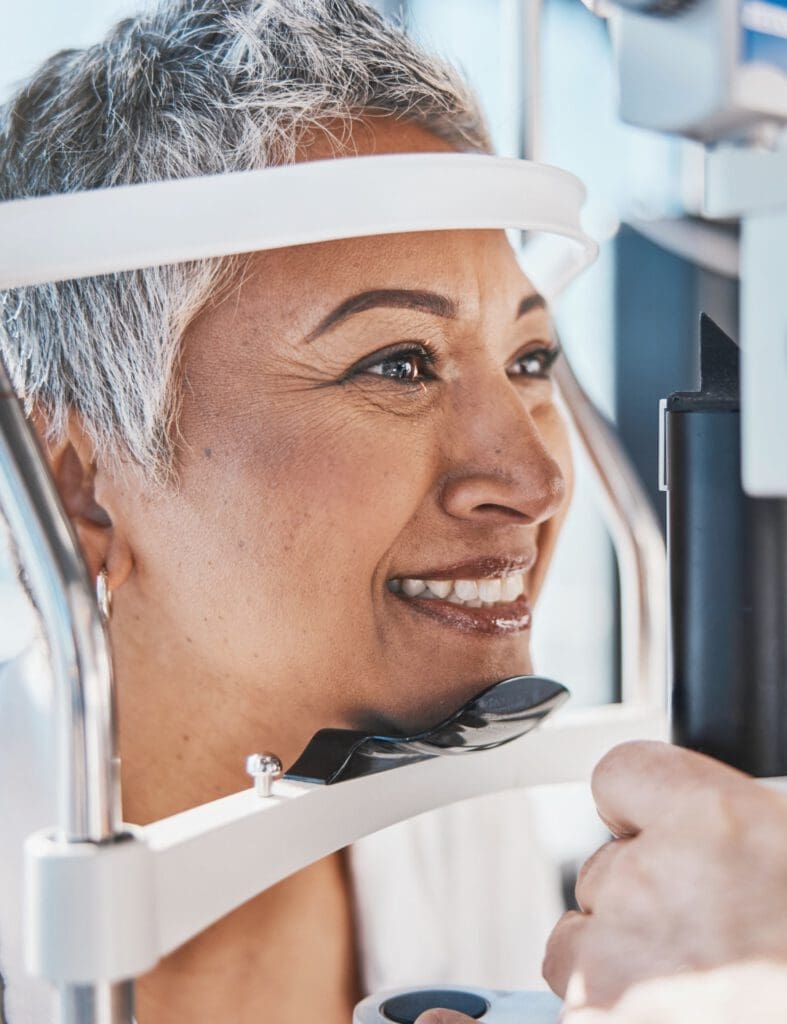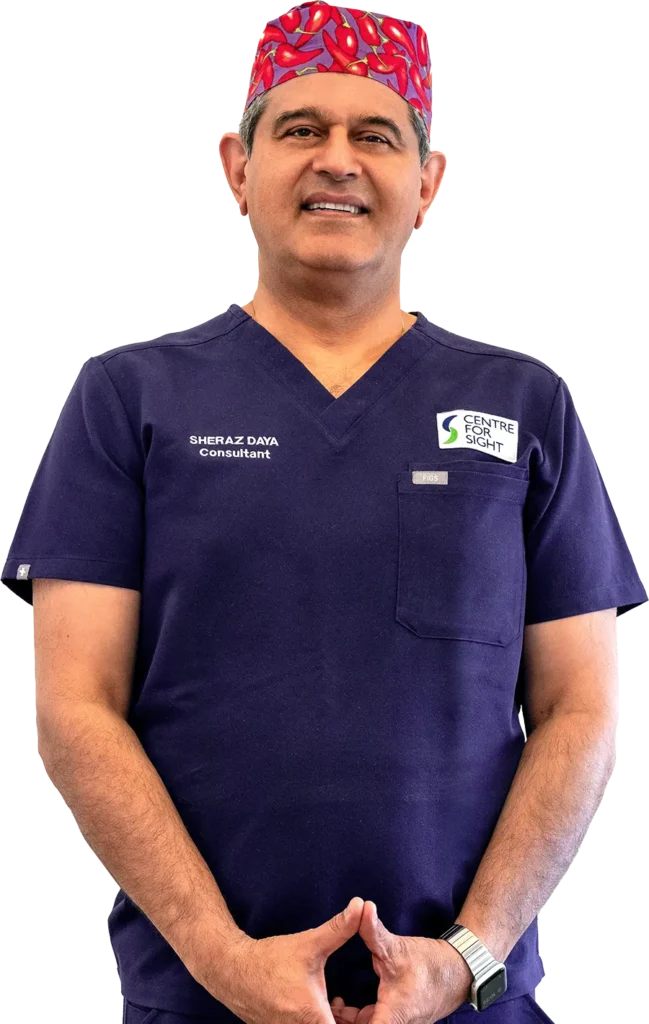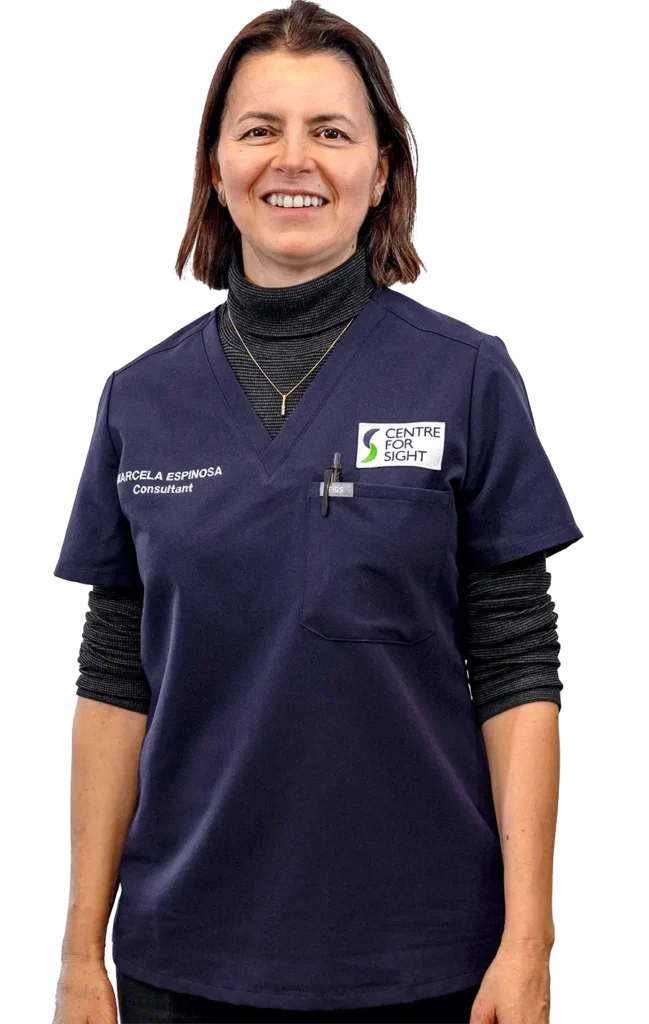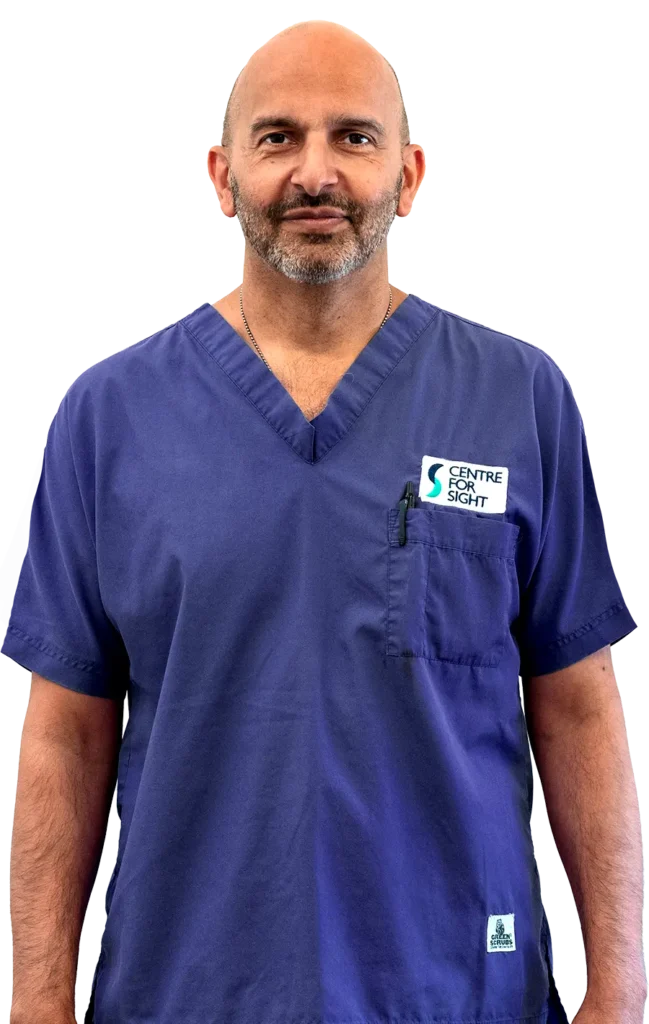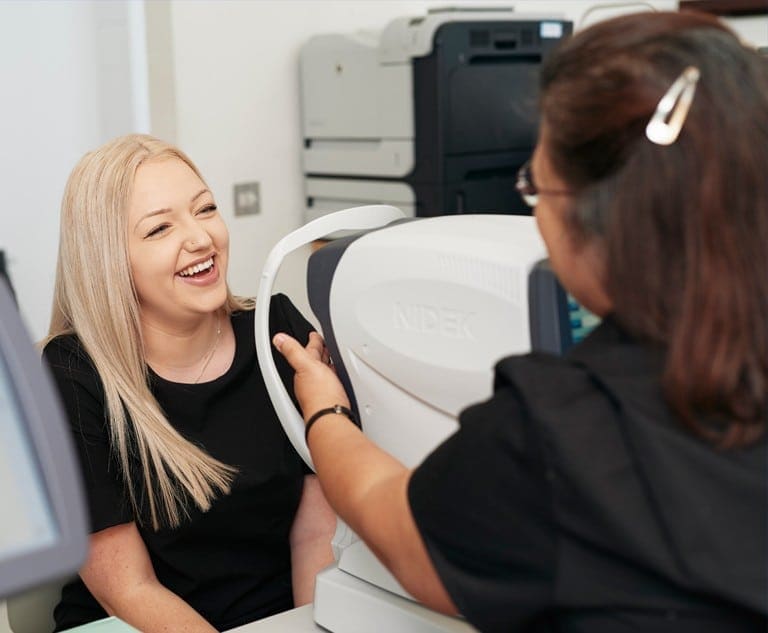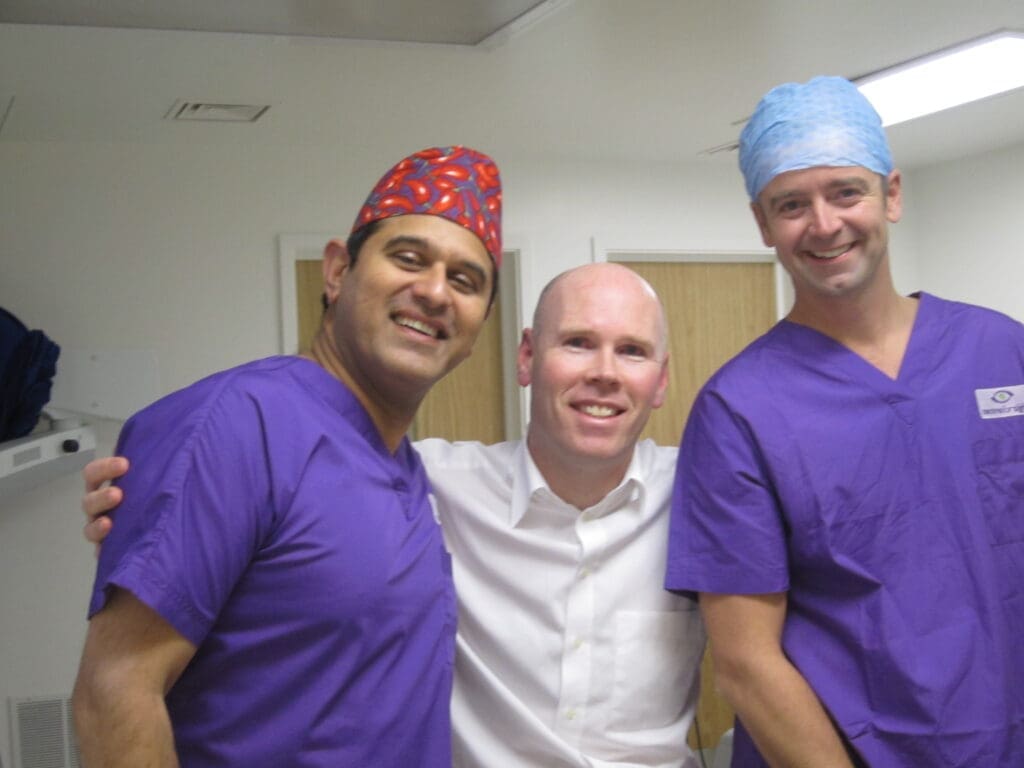5 Eye Health Tips to Achieve Your New Year’s Resolutions
It is that time of year when we have all again made New Year’s resolutions. We are in the age of wellbeing and everyone naturally wants to stay young.

The vast majority of resolutions relate to health and include losing weight getting fitter both with the intention of improving our health and of course looking our best for the beach in summer! No wonder Gym memberships are so popular in January.
Did you know only 75% stick to their goal for a week and less than half (46%) are barely on target 6 months later? A lot has to do with willpower and discipline. However there are some eye health tips that we suggest that may help in attaining the goal of improved health.
1. Eat your way to good vision
The importance of diet and moderation is constantly in the news and often messages differ – very confusing. What is not confusing is what foods are healthy for the eye.

Green Vegetables – contain large amounts of Lutein and anti-oxidants which are excellent for preventing macular degeneration. Make sure you get good amounts in your diet daily. Broccoli spears, cooked kale, spinach, spring greens or green beans are particularly recommended by ‘NHS choices’.

Going Orange – orange foods contain carotenoids which are vital for photoreceptors in the retina, specifically the rods which are helpful for night vision. They are also valuable in preventing macular degeneration too. Eat carrots, mangoes, papayas, pumpkins, cantaloupes and apricots.

Saffron contains another carotenoid called crocin which has been shown to reduce blindness from macular degeneration and thought to have some influence on retinitis pigmentosa which is an inherited condition. Other reported health benefits to Saffron including anti-oxidant and anti-cancer!

Spice up your life – Paprika and Chillies are packed with carotenoids as well as Lutein and Xeazanthine all of which are protective against macular degeneration. They also contain capsaicin which is an anti-inflammatory compound and the hotter the chilli the more the effect.
2. Take Omega 3 supplements
Modern day diets have a preponderance of Omega 6s and the ration of Omega 3 to Omega 6 which ideally should be 1:1 is now about 1:20. The pro-inflammatory effects of Omega 6 are felt by some to promote a variety of illnesses including joint problems, high cholesterol and arterio-sclerotic heart disease.
When it comes to the eye a deficiency in Omega 3 contributes to meibomian gland disease and dry eye. Meibomian glands produce oils that mix with tears preventing rapid evaporation exacerbated in windy conditions. Supplements of Omega 3, specifically ones that have been re-esterified or re-engineered to become like the original form found in fish are much more absorbable and beneficial. For more on dry eye and benefits of Omegas click here.
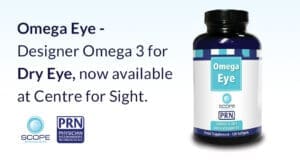
3. Have a Comprehensive Eye Examination
As we get older we unfortunately collect eye conditions and diseases. The average number of eye conditions we have at age 45 is 1. At age 65 we have two and age 80, three. Many eye conditions can be picked up and treated early and for this reason a comprehensive eye examination by an eye care professional like an optometrist or ophthalmologist is vital.
Every person over the age of 40 should have an eye examination every year to ensure they do not have glaucoma. Two percent will have glaucoma in their 40s and 10% in their 70s. Glaucoma is the sneak thief of sight and vision loss occurs without you knowing. Prevention is vital, so schedule an eye examination today!
4. Eye protection (sunlight and sports)

Physical Protection
For those of you who play contact sports or ones like squash where there is a high risk of injury from the ball or your opponent’s racquet, you really must wear eye protection – preferably glasses made out of tough polycarbonate, the material used for bullet-proof glass. You only have two eyes and irreversible injury and blindness can occur from an injury. Ask your optometrist about suitable protective eyewear.

Sunglasses
With global warming and loss of the Ozone layer the amount of ultraviolet radiation exposure increases and can result in eye injury. There is increased risk of cataract and also macular problems from high exposure to ultraviolet light. So in bright sunlight and especially when you go on holiday get yourself a good pair of sunglasses with high levels of UV protection.
5. Consider Laser eye surgery
More than 50% of the population under 50 require optical aids. Many either see better or prefer for cosmetic or psychological reasons to wear contact lenses. They are a great option but not without their problems. Apart from the hassle of dealing with cases and solutions, although better now with the advent of disposable lenses, for those who like to swim or are tri-athletes, swimming in lenses is extremely dangerous. For that matter showering in lenses is also a problem too. Both activities increase the risk of Acanthamoeba infection of the cornea. This is a very painful condition that is often delayed in terms of diagnosis and if caught too late will lead to blindness.
Vision correction surgery including laser eye surgery is now over 28 years old and is at a highly developed stage and in good hands and the correct establishment provides superb outcomes. What is vital is good patient selection.
A recent published study revealed surgeons who perform Lasik were more likely to have the procedure done than the general population. Of the ophthalmologists participating in the study, 97% responded they were “better off for having had corneal laser refractive surgery” and more than 98% said they would recommend corneal LVC to their immediate family. So doctors in the know are more likely to undergo laser eye surgery. Do they know something the general population do not know? Yes they do, they know and see the benefits to their patients and most of all they have inside knowledge as to whom they should see!

We at Centre for Sight are proud to be the longest provider of Lasik and IntraLASIK laser eye surgery in the UK. We regularly perform laser eye surgery and other forms of vision correction surgery on doctors including eye surgeons, some who fly to see us from other continents. Learn more about being the Doctor’s doctor.
Find out more about laser eye surgery at Centre for Sight and book yourself a thorough comprehensive consultation.
Author Information
Authored by Sheraz Daya MD FACP FACS FRCS(Ed) FRCOphth, Consultant Ophthalmic Surgeon & Medical Director, June 2019.
Net review due June 2026
